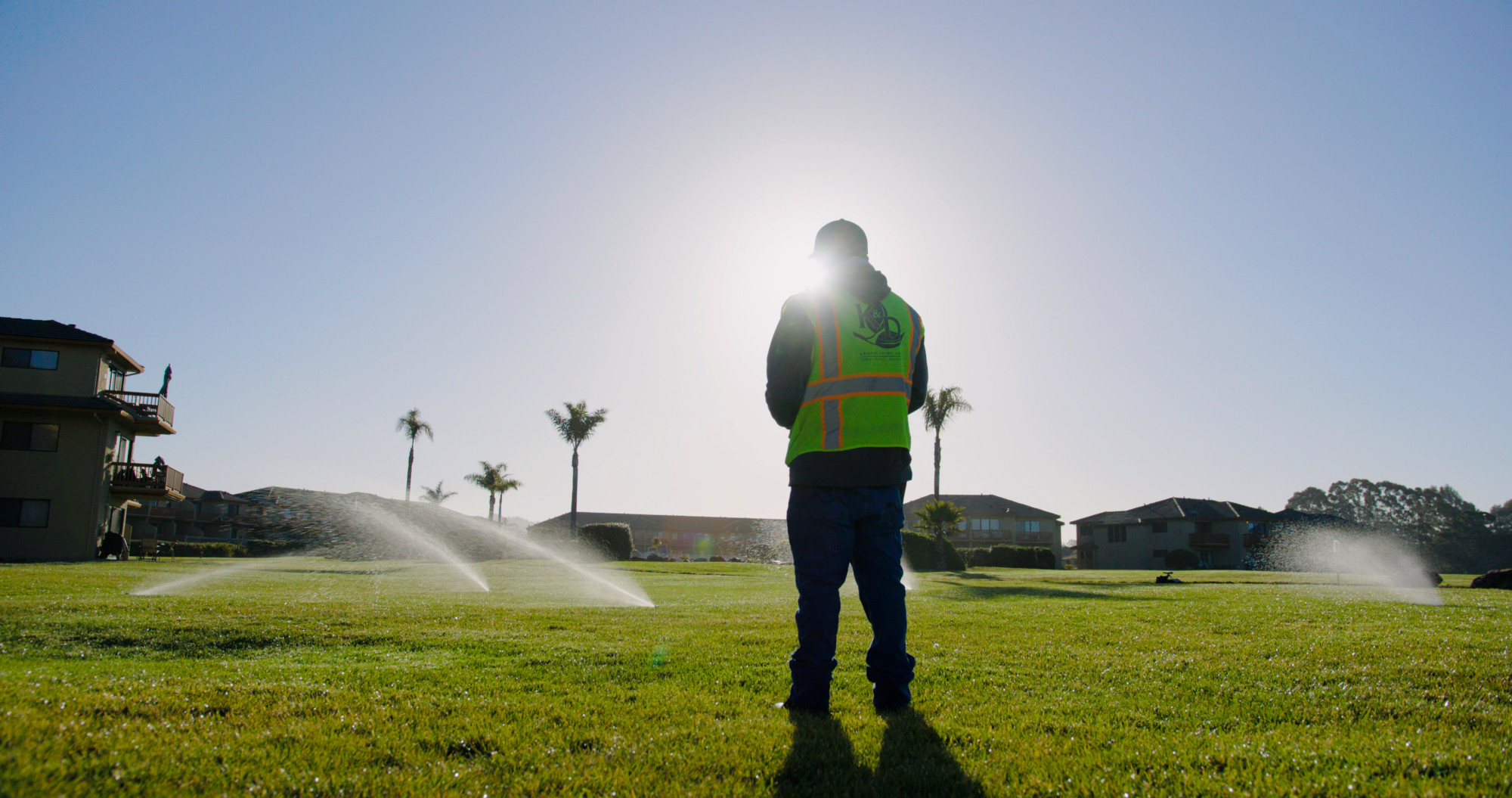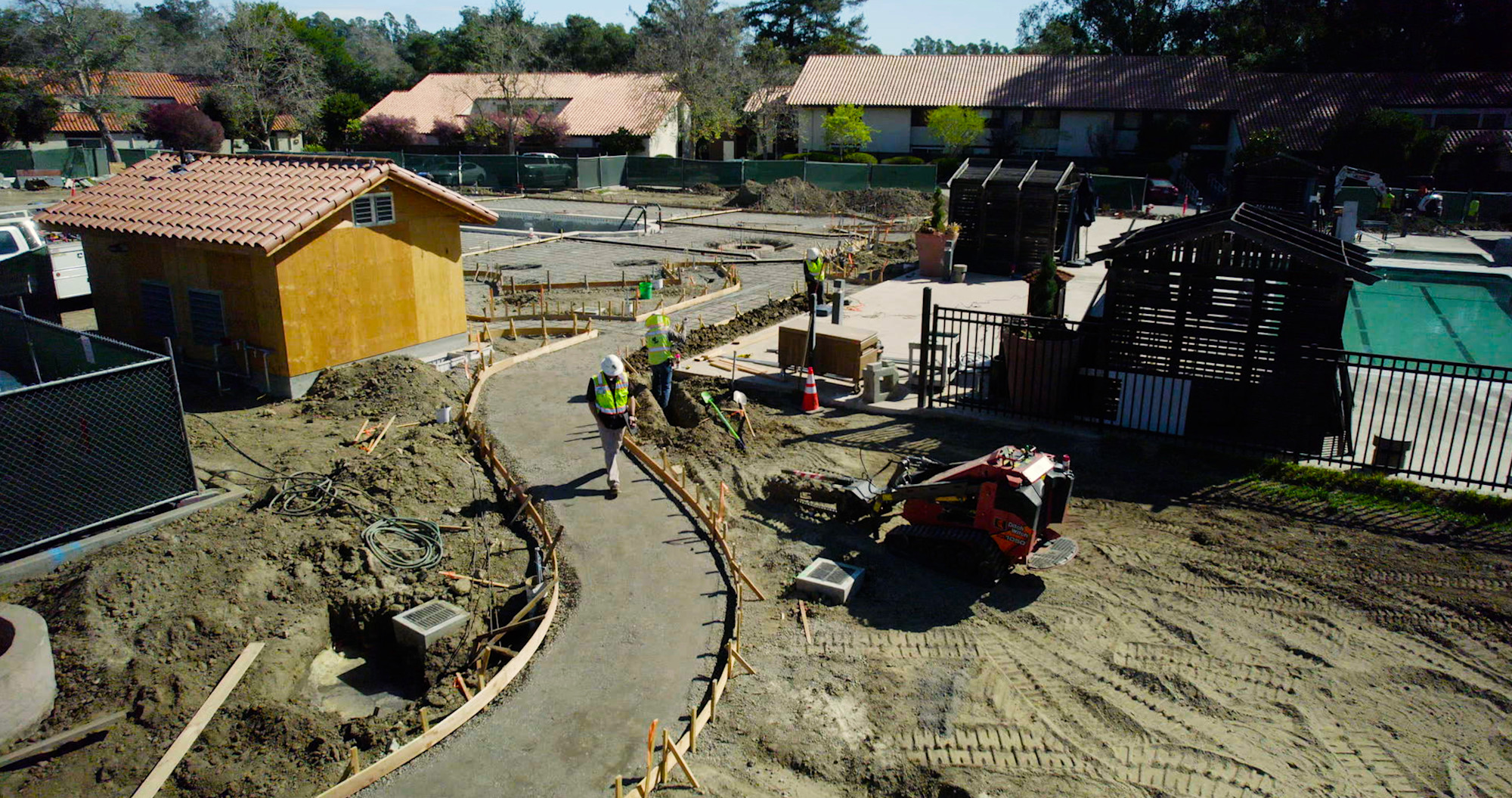Table of Contents
Table of Contents
Knowing the average salary for a landscaping business owner in America is key to making informed decisions when getting into or growing your landscaping company.
This article covers:
What affects a landscaping business owner’s salary?
Ways to increase net profit.
Financial planning using software.
Learn how Aspire’s landscaping resources can help you calculate a competitive salary.
What is the Average Salary of a Landscaping Business Owner in the United States?
Miscalculating the owner's salary can impact your net profits, whether you are a small business, startup, or established landscaping and lawn mowing company.
According to ZipRecruiter, the average salary is between $33,766 and $53,582 per year, but this can vary depending on the region and demand for other, more profitable lawn care services.
Specialization in the landscaping industry can also affect earnings. Owners who focus on niche services like landscape design or high-end landscape maintenance may earn more than those who offer general services using tools like trimmers and blowers.
Landscape owners often calculate their salary as a percentage of the company’s revenue, with a lower percentage going to the owner’s salary, ensuring the company makes more.
Several factors affect these salary variations.
Location is a big one; business owners in states with higher cost of living or more demand for landscaping services earn more. For example, California and New York business owners often earn more than those in less populated or rural states.
Business size also matters; owners of larger landscaping companies with more employees and more revenue streams earn more than those with smaller operations. They may also include some business expenses when calculating their average wage.
Five states with the highest average salary of a landscaping business owner:
State | Average Annual Landscape Business Owner’s Salary |
Alaska | $53,582 |
Oregon | $53,471 |
Massachusetts | $53,358 |
North Dakota | $53,293 |
Minnesota | $52,809 |
Five states with the lowest average salary of a landscaping business owner:
State | Average Annual Landscape Business Owner’s Salary |
Alabama | $40,955 |
Arkansas | $40,005 |
Georgia | $38,153 |
West Virginia | $35,101 |
Florida | $33,766 |
The same data surmised that in 12 states, the average salary for a landscape owner is above the national average. Alaska is the top state, followed by Oregon and Massachusetts. Massachusetts is 7.4% above the national average, and Alaska is 7.8% above the $49,686.
These numbers show how location plays a significant role in salary potential. The local economy, climate, and demand for landscaping services all impact earnings.
Now, calculate how much you should pay yourself as a landscaping business owner.
What Should You Pay Yourself as a Landscaping Business Owner?
Determining the right compensation for landscaping business owners is essential. It balances personal financial needs with business growth and sustainability goals. Benchmarking against other landscape contractors can give you valuable insight into industry pay rates.
Determine Business Profits
Calculating a landscaping company’s business profits is the foundation for setting a fair and sustainable salary for the business owner.
Methods for calculating business profits include:
Revenue analysis
Expense tracking
Profit margin evaluation
Separating personal and business finances is critical to calculating accurate profits and ensuring you break even.
Financial statements, such as income statements and cash flow reports, are important for determining business profitability. Aspire gives you accurate data about your business’s financial health so you can make informed decisions.

Establish a Base Salary
Setting a base salary for the landscaping business owner involves industry standards, personal financial needs, and business goals. Ways to determine a base salary:
Market research to understand industry pay rates.
Benchmarking against industry competitors.
Personal living expenses.
Annual salary or hourly wage.
Whatever you set, balancing competitive pay with the business’s financial health is vital to long-term sustainability.
Review Tax Implications
Knowing the tax implications of paying yourself as a landscaping business owner is key to financial planning and compliance.
Tax considerations for owner compensation include income tax, self-employment tax, and deductions. Structure the owner's salary to optimize tax benefits and minimize tax liability while maximizing your personal income.
Evaluate Business Sustainability
When determining owner compensation, evaluate the long-term sustainability of the business. The relationship between owner compensation and business reinvestment is key to growth. Consider:
Short-term financial needs vs long-term business goals.
Sufficient reinvestment into the business for future growth.
Using real-time data from the Aspire platform eliminates guesswork and gives you meaningful and actionable strategies to grow your business. For example, because the platform handles invoicing and accounts receivable, you’ll never have to wonder what’s owed or due. A real-time understanding of cash flow makes it easy to evaluate your long-term sustainability accurately.

Adjust for Market Conditions and Business Circumstances
Adjusting for market conditions and business circumstances is necessary for periodic changes to owner compensation. Factors that require adjustments include:
Industry trends
Economic conditions
Business performance changes
Rapid growth or economic downturns require adjustments. Review and adjust your strategies regularly to stay profitable in a changing market and ensure compensation structures align with the current market and business goals.
Now, can you make millions by starting a landscaping business?
Can You Make Millions Starting a Landscaping Business?
Is it possible to make a million by starting and running a landscaping business?
The idea of entrepreneurship and the money in the landscaping industry is a big draw. Owning your own landscaping business can be very profitable, and you can earn big money through smart growth and management.
Factors to consider:
Market Demand: High demand in residential and commercial sectors will grow.
Scalability: Adding services, increasing your prices, and scaling will increase revenue.
Business Management: Using end-to-end business management software like Aspire simplifies processes, makes operations more efficient, and drives ongoing profitability.
Challenges and limitations:
Market saturation: High competition in the industry will limit growth.
Competition: New businesses will need to differentiate themselves in a crowded market.
Operational constraints: Manage operational efficiency and costs.
Realistic expectations:
Becoming a millionaire is hard, But many landscaping entrepreneurs have achieved big financial milestones. For example, Michael Dell of Dell Landscaping grew his business into a multi-million dollar company through smart growth and excellent service.
Success in landscaping takes dedication, good management, and the right strategies.
Now, grow your landscaping business with the right technology.
Grow Your Landscaping Business with the Right Technology
Success in the landscaping industry goes beyond understanding average salaries and setting fair compensation—it also requires staying at the forefront of new technology.
Aspire’s business management software helps growth-minded landscapers to streamline operations, increase profitability and achieve ambitious goals.
Software designed for the landscaping industry makes it faster and easier to manage finances, build weekly and monthly schedules, and build lasting customer relationships. This will allow you to make better decisions, increase your profit margin, and scale your lawn care business.
Ready to get a 360-degree overview of your business operations?
Book a free demo with Aspire today and discover how our landscaping business software can help you determine your business profit margins.
Frequently Asked Questions (FAQs)
Q1. What part of landscaping makes the most money?
High-end landscape design and installation projects make the most profit. These projects usually include custom hardscaping, water features, and elaborate plantings. Specialized services like irrigation system installation, maintenance, and tree care can also be very profitable because of their technical nature and higher service fees.
Q2. Is a landscaping business worth it?
Yes, a landscaping business can be very profitable and rewarding with the right strategies, good management, and technology designed for the industry, like Aspire.






